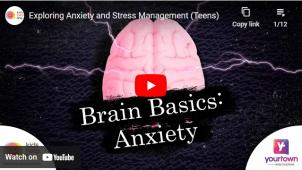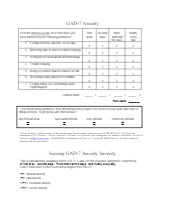 The Psychological Wellbeing Scale (PWB) is a self-report questionnaire used to assess an individual’s psychological wellbeing. It was developed by Carol D. Ryff, a psychologist, and it is based on the theory of psychological well-being.
The Psychological Wellbeing Scale (PWB) is a self-report questionnaire used to assess an individual’s psychological wellbeing. It was developed by Carol D. Ryff, a psychologist, and it is based on the theory of psychological well-being.
The scale consists of several items or statements that individuals rate on a scale to indicate the extent to which they agree or disagree with each statement. These items cover various aspects of psychological wellbeing, including:
- Autonomy
- Environmental Mastery
- Personal Growth
- Positive Relations with Others
- Purpose in Life
- Self-Acceptance
Respondents rate each item on a scale, often ranging from “Strongly Disagree” to “Strongly Agree.” The scores are then calculated to provide a measure of an individual’s overall psychological wellbeing. Higher scores indicate a greater sense of wellbeing in these dimensions.
The Psychological Wellbeing Scale is commonly used in psychology and research to assess and measure different aspects of psychological wellbeing. It can be applied in various settings, including clinical practice, academic research, and surveys, to understand an individual’s psychological health and overall sense of wellbeing.
The Psychological Wellbeing Scale (PWB) (42 items) – Free Download
The Psychological Wellbeing Scale (PWB) (18 items) – Free Download








